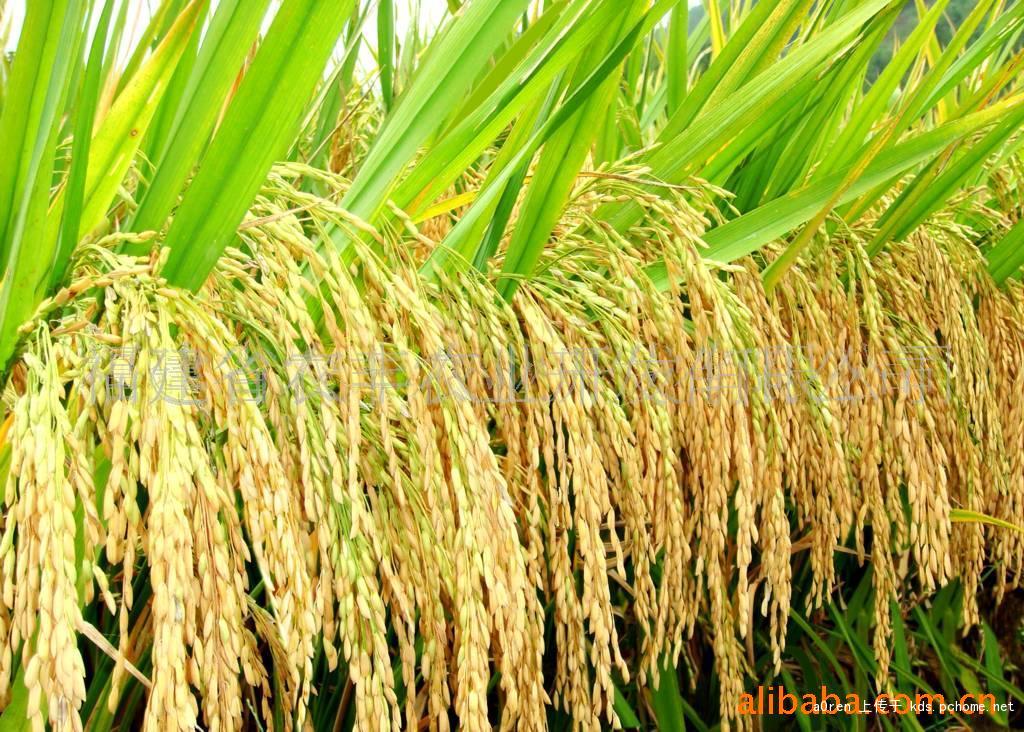Hunan denies kids used in GM food test
 0 Comment(s)
0 Comment(s) Print
Print E-mail China Daily, September 3, 2012
E-mail China Daily, September 3, 2012
The strains still need registration and production trial — which will take three to five years — before commercial planting could begin, according to the ministry.
The certificates triggered concern among the public and professionals since there is still no consensus on whether GM food is harmful to humans.
 |
|
A Greenpeace report says 24 Chinese kids have been used for a U.S. GM rice experiment. |
As early as 2001, the State Council introduced a regulation to ensure the safety of GM food, with strict provisions of its research, testing, production and marketing.
At present, the only three kinds of GM food crops that have been approved for commercial planting in China are sweet peppers, tomatoes and papayas, Shi Yanquan, an official at the ministry, was quoted as saying by china.com.cn during an online interview in April.
Also, the country has imported other GM crops, including soybean, corn and rape, from overseas market to satisfy domestic need. For instance, China imported more than 50 million tons of GM soybeans in 2011, most of which were processed to edible oil, he said.
"The country has launched strict transgenic safety and quality assessment system to ensure GM food in the market is as safe as conventional food," he added.
Yang Xiaoguang, a researcher at China CDC, was quoted in April as saying: "So far, we have received no report to show any GM food on the market is harmful to human health. GM food that consumers purchase from the market is safe to eat."






Go to Forum >>0 Comment(s)